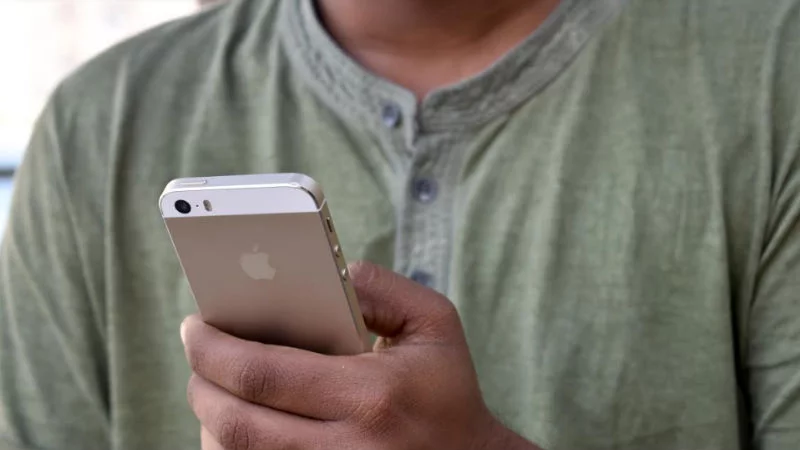The Telecom Regulatory Authority of India (Trai) has rejected DoT’s recommendations regarding In-flight communication. The regulator is of the mindset that only international satellites and gateways should be used for the provision of services. To carry forward the plan of launching IFC (In-flight Connectivity) on domestic flights, and on international flights which go through India, DoT officials are going to meet Aviation secretary within a week. As per reports, the services are to start rolling out soon, within some months. A Trai official also made a remark as “It’s an issue of understanding of technology between what Trai has recommended and what the committee and DoT understands, so we have explained how the technology can work, which cannot happen by using only local satellites.”

Although, DoT largely agreed with the parameters laid down by Trai regarding the rollout of IFC services. The department raised objections thrice on May 15, to a committee of secretaries and had asked the regulator to reconsider its suggestions.
Trai responded to the objection by stating that the department’s request of using Indian satellites and satellites approved by the department of space (DoS), with Indian gateways, “was not implementable.” Trai also said that it would allow lawful Interception through mirror-mode gateway mechanism, by citing the same reason to make the way clear for the same. This news was reported by ET.
It was on June 4 that Trai explained its reasoning saying that there were few IFC service providers who had partnered up with foreign mobile service providers to avail IFC services to the aviation companies.
Trai also explained that offering voice services was more complex than providing data or internet only services. Trai said, “If we do not allow the foreign aircraft to provide the MCA (voice) services using their satellite and gateways over the Indian airspace, the other countries will also not allow the Indian aircraft to provide MCA services while over-flying their jurisdictions.” They further added to their statement saying that aircraft companies would not be willing to make changes to their aircrafts due to the costing involved.
Trai cited similar reasons when CoS raised the issue of lawful interception. The regulator said, “If the use of foreign satellites and gateways are not permitted for MCA services, it will make the recommendation infructuous.”
Lastly, DoT’s third concern which it raised on May 15 talked about the interface requirements for AES (aircraft earth station) and was against its deployment. Trai took its firm stance and said right away that the requirement was mandatory for accessing satellite networks in India.
It is noteworthy, that after much time while other countries have been using in-flight connectivity services, the highest telecom authority in India, Telecom Commission, headed by Aruna Sundarajan finally gave a green flag to IFC services which will now allow flyers to use internet or voice services in mid-air, above the height of 3,000 metres.
The rollout of IFC services would grant aircraft companies or manufacturers such as Airbus and Boeing the permission to forge alliances with multinational telecom carriers to deploy equipment. It will also allow them to enter into pacts with local broadband service providers.
Although Trai said that the price for the services would be decided by the market, experts are of the opinion that the ROI of service provision on domestic flights would not be profitable per se since the tariffs would be high.















